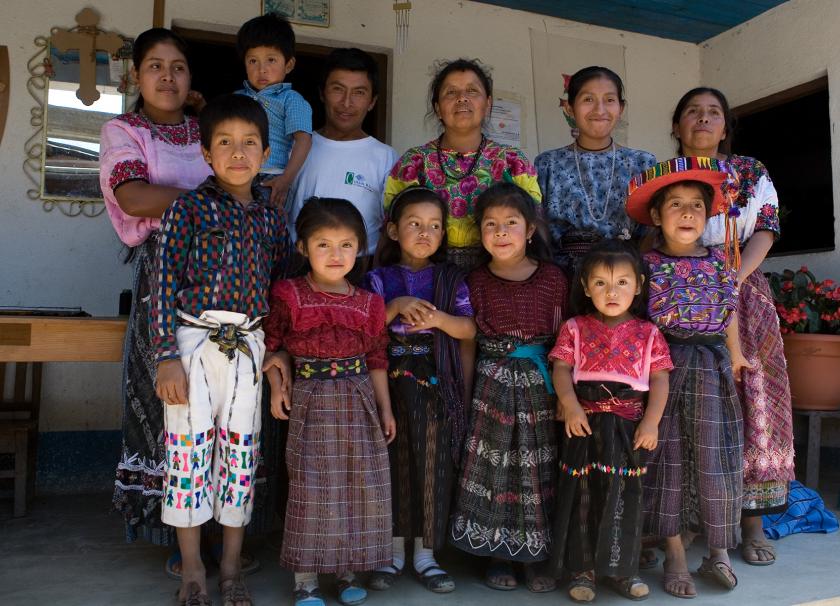
Meet Pachamama Coffee Cooperative
By Lauren Taber, Pachamama Coffee Cooperative
Pachamama Coffee Cooperative started in 2001 with a few simple questions in mind: what would it look like to take Fair Trade a step further? How can coffee farmers be in direct relationship with end consumers in the United States?
We found that the answer was even simpler: cooperative ownership. Pachamama Coffee has been 100% farmer-owned since day one, and is currently owned by 140,000 small scale family farmers across the coffee producing regions of the world.
When farmers stand behind the farming, roasting, marketing, and distribution of the coffee they bring to us, they maintain control of their destiny. On average, our customers paid almost $12 per pound to coffee farmers in 2017 — that’s 6 times more than the Fair Trade minimum price.
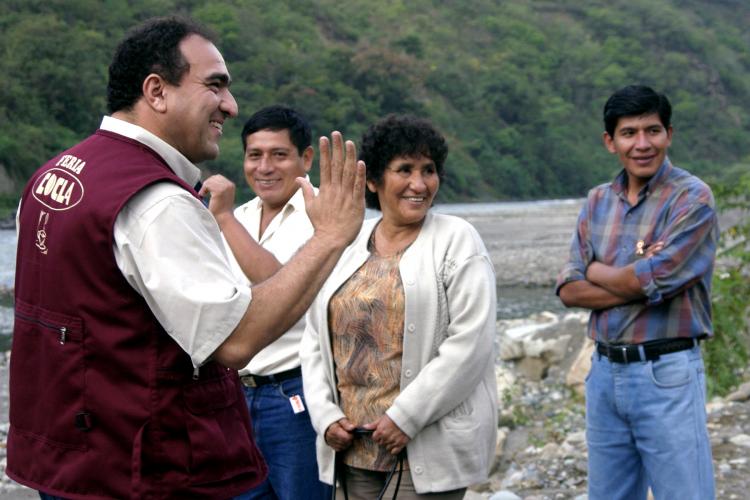
As a function of our cooperative structure, Pachamama is also democratically controlled by farmers - our Board of Directors is comprised of representatives from our member cooperatives in Nicaragua, Peru, Ethiopia, Mexico, and Guatemala. This gives coffee producers complete control of every step of the supply chain - from farming and roasting, to decisions about packaging and cafe operations. This novel iteration of vertical integration gives a fresh take on how to ensure equity in an industry that relies completely on peoples and nations that have historically been denied any form of clout.
“For us, Pachamama Coffee Cooperative represents our dreams of serving you our best coffee, freshly-roasted in the United States,” shares Merling Preza, the President of our Board of Directors and representative of PRODECOOP in Nicaragua. “When we started with Fair Trade 25 years ago, it was our ultimate dream to roast and brand our coffee, selling it as a value-added product. For our small farmers, the Pachamama model is an evolution born from necessity and a strong determination to stay on the farm.”
More than that, explains Merling, it is an investment that the farmers are empowered to make in their own future. When farmers own the company, they are not under the pressure of a volatile green coffee price index, and are therefore empowered to produce coffee with more care. 100% of the coffee Pachamama roasts is organic and shade grown, which means that we are not only socially sustainable, but environmentally just as well.
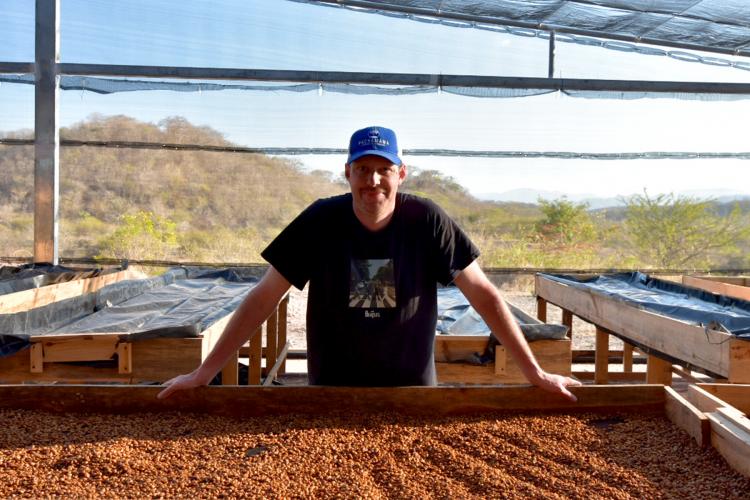
We are honored to operate our business guided by the 7 Cooperative Principles, which we view in the context of prioritizing producers. At every step, we seek to build them up and acquaint our customers with the farmers that are responsible for bringing them world class coffee. Being a co-op makes this possible - we are able to showcase our producer representatives in the boardroom, and tell the stories of the farmers that control the equity of our operations. We believe that, in order to bridge the gap between farmers and consumers in the coffee supply chain, a cooperative approach is necessary.
Pachamama has experienced steady growth since its inception. We now have in-house roasting and wholesale and retail distribution operations at our Midtown Sacramento location, in addition to two coffeebars in Sacramento and a weekly presence at the Farmer’s Market in Davis, CA. Our farmer-owners continue to provide organic coffee whose quality is recognized not only by excellent organizations such as the Good Food Awards, but by daily consumers across the U.S. as well.
More Co-op News
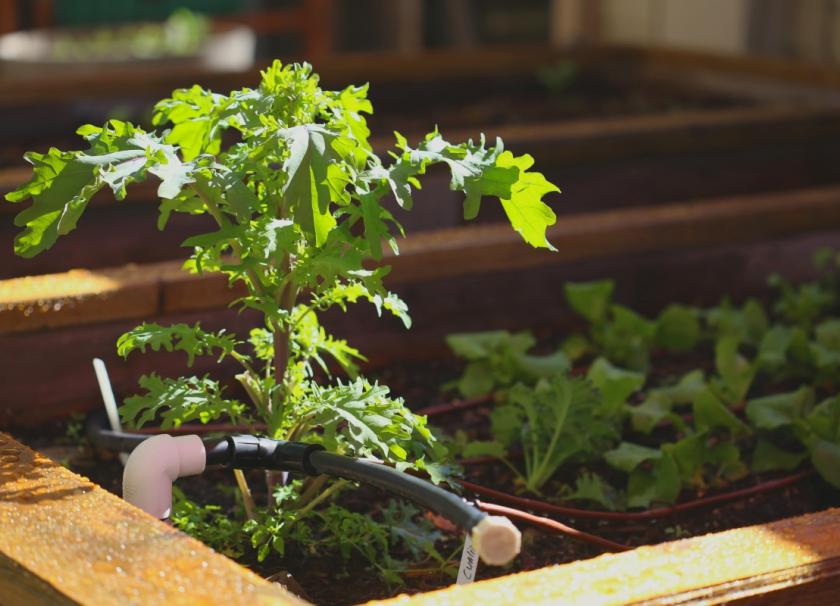
Henry in the Garden: Already Preparing for the Spring
The bane of all gardeners is powdery mildew - that white substance that collects both on the tops and bottoms of the leaves of your healthiest vegetable plants. Cucumbers and zucchini seem to be more easily affected by this scourge than many others.

GM Report: Gratitude for a Great 2019 at the Co-op
It’s the season of gratitude and reflection on the year that has passed, and there is so much to be thankful for as a Co-op owner.
2019 started off with the news that over $13,000 in emergency donations had been raised from Co-op owners and shoppers for support and relief efforts after Paradise, CA was leveled by a wildfire. This outpouring of our support was critical in the months after the fire, after the news trucks had left and the work of rebuilding began. I know how grateful we all are for the much calmer smoke season that our region experienced this summer.
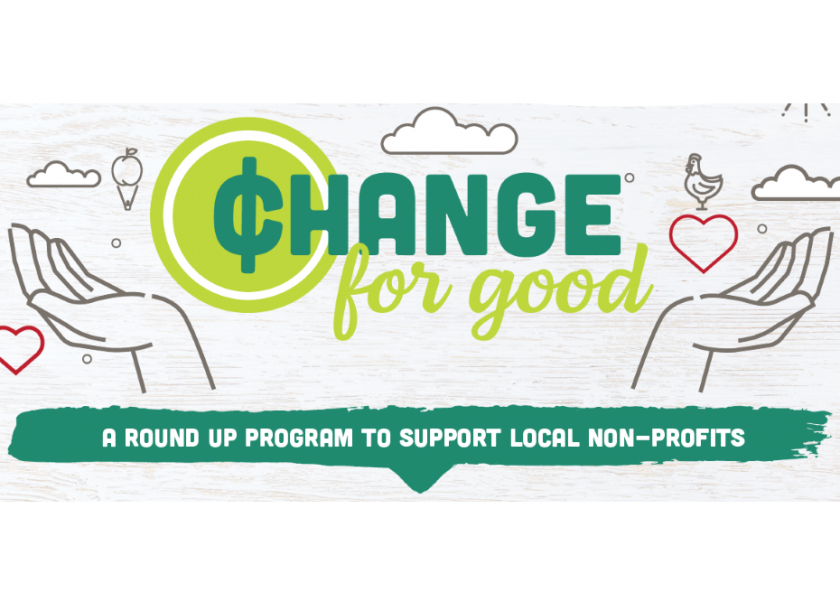
Rounding Up in October
Part of what makes co-ops unique are the guiding 7 Principles of Cooperation. One of the seven that is felt strongly in Ashland is "Concern for the community" - and that's why the Co-op is offering a new way to give back to our community for the month of October. When you pay at the register, you can round up your total to the nearest dollar. For example, $11.68 becomes $12, and $0.32 is donated.
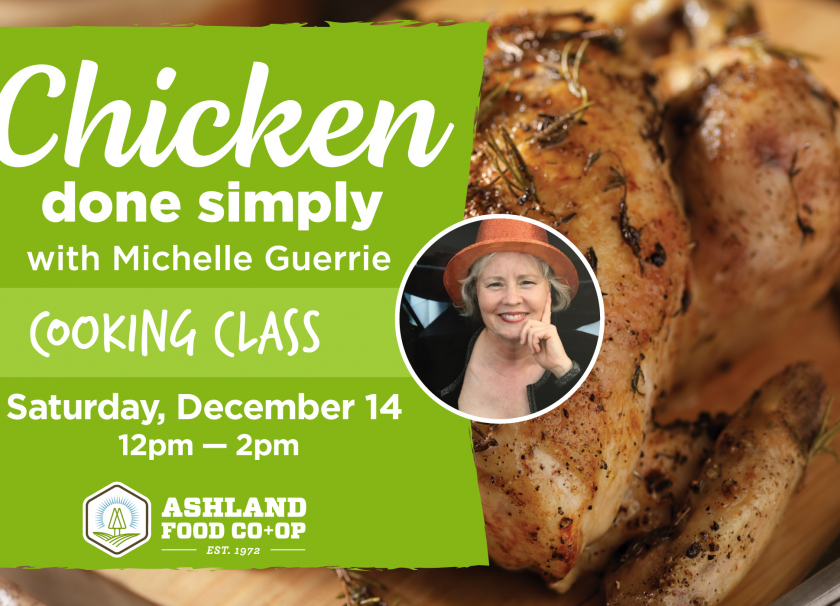
Win 2 tickets to "Chicken Done Simply" cooking class
Find out how fun and educational Co-op cooking classes are! Sign up below for the chance to win two free seats (for you and a friend or loved one) at the next class, "Chicken Done Simply" with the Co-op's own Michelle Guerrie.
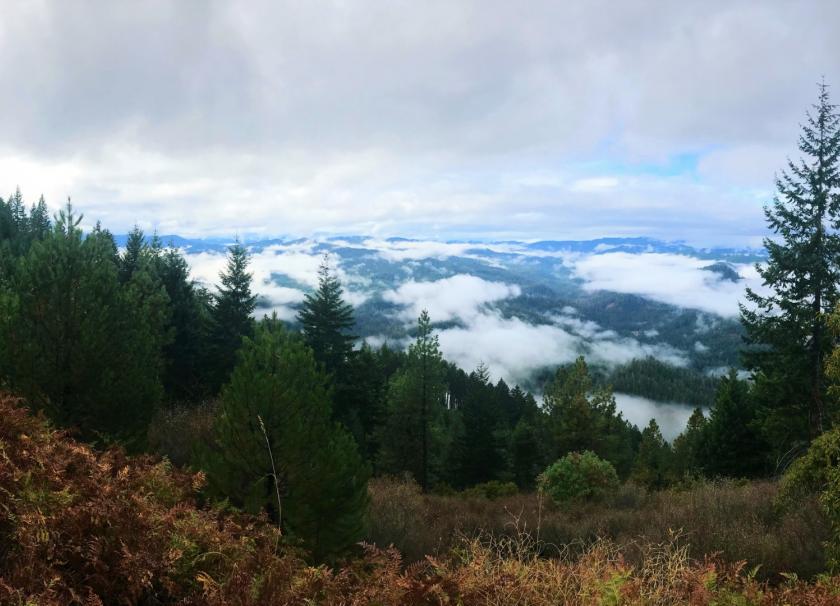
Fall Staff Picks
Thanks to alpine trails and shaded valley creeks, outdoor recreation is year-round in the Rogue Valley. But fall usually makes for more frisky feet, so we asked Co-op employees for their favorite fall activities and recommendations for what they grab before they head out.

Applegate products joining Co-op Basics
Just in time for the school year, Applegate products are being added to the Co-op Basics program! The Co-op carries a variety of Applegate products, like sliced deli meat, cheeses, bacon, and sausages. Now as part of the Co-op Basics program, you’ll be saving up to $2 on Applegate products across the store, every day.

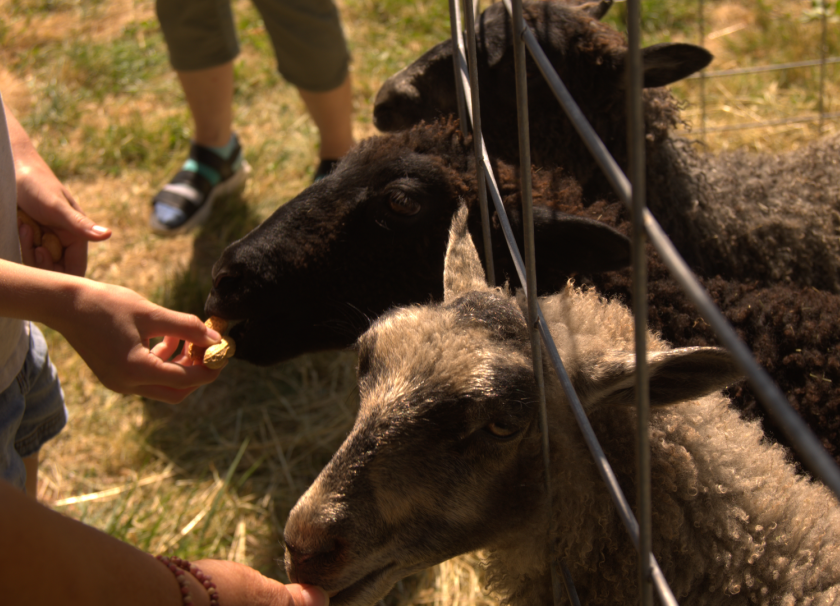
2019 Farm Tour Recap
Another successful farm tour is in the books! With 30 farms this year, visitors could see how bigger farms work, like Herb Pharm, Fry Family Farm, and Rogue Creamery, while also experiencing the joys of smaller farms, such as Turning Point Farm, Fox Run Farm, and Daily Blessing Farm.
Visitors of all ages enjoying Goodwin Creek Gardens
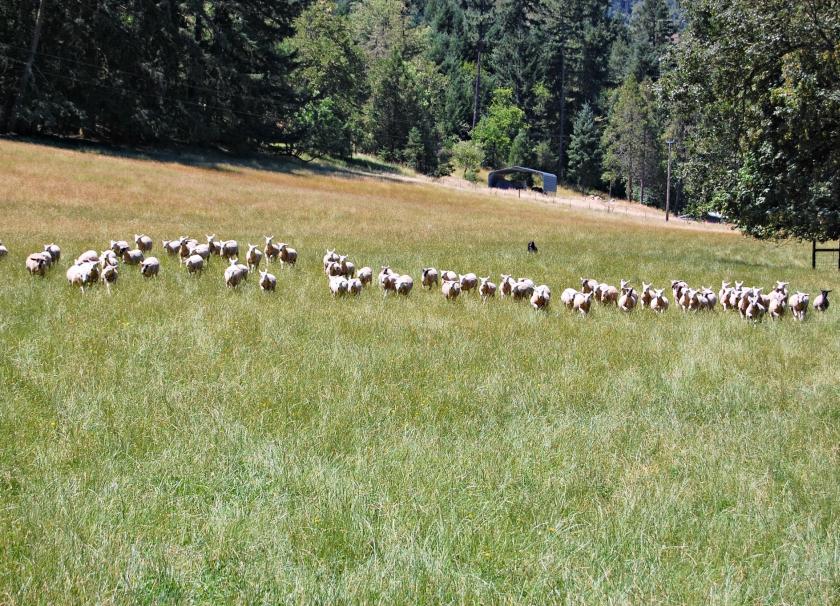
AFC Celebrates 20 Years with Magnolia Farms
This year, the Ashland Food Co-op proudly celebrates their 20 year partnership with Magnolia Farms. Their pasture raised, no antibiotics, no hormones lamb is a staple in the Co-op Meat Department. Magnolia Farms is graciously donating the lamb for our August First Friday in celebration of our long standing partnership.
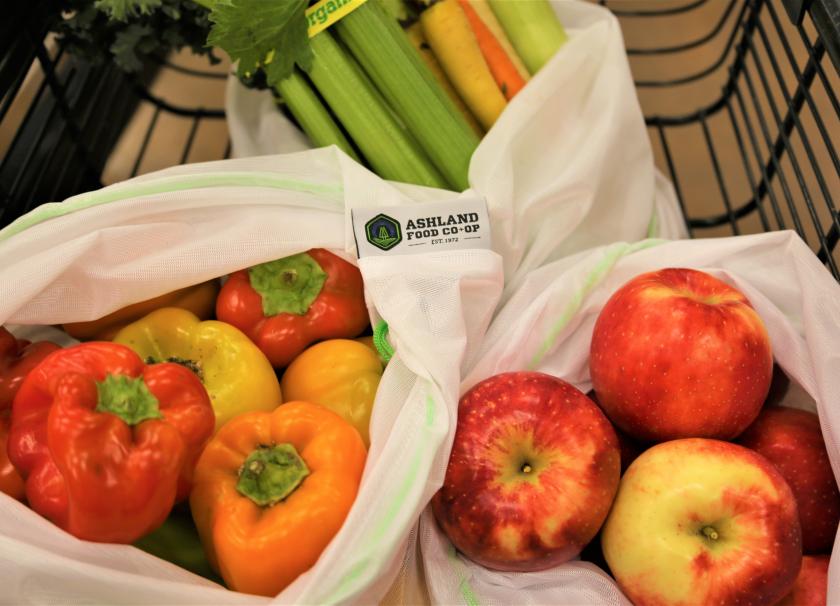
Compostable Bags
The Co-op has been asked if compostable plastic bags are a viable alternative to the standard plastic bags offered in the produce and meat departments.
For several reasons, compostable bags are not in line with the Co-op’s goals and standards.
Not compostable at home
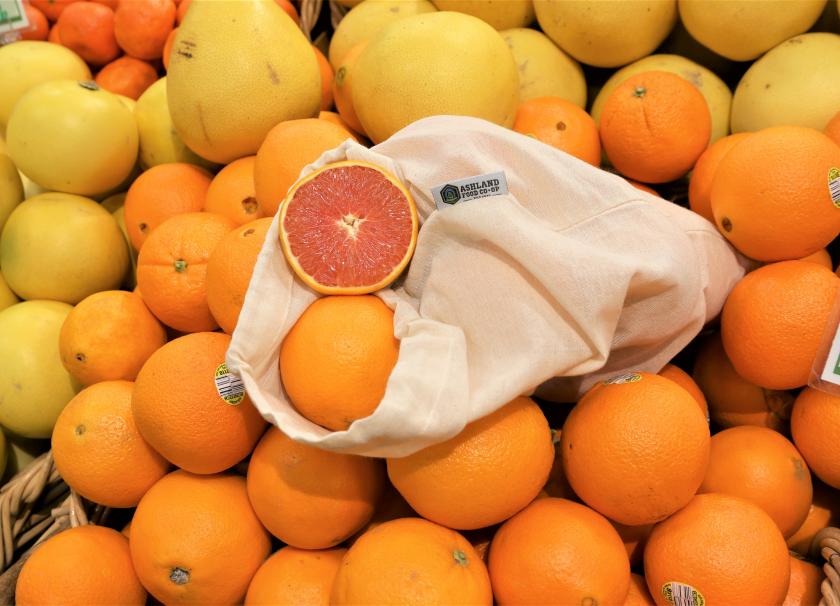
Sustainability Update: Energy efficiency and zero waste
Energy Efficiency
We are happy to announce that we are a member of the Energy Trust of Oregon’s Strategic Energy Management program. This is a free program available to customers of Avista and Pacific Power, which offers awesome incentives including a paid internship!
Community Grant Recipients 2019
The Ashland Food Co-op donated over $29,000 to 28 local nonprofit organizations through their Community Grant Program.
The Community Grant program is the focus of one of the fundamental Cooperative Principles, which all cooperative enterprises follow. Our Community Grant Program supports Principle 7, Concern for Community.
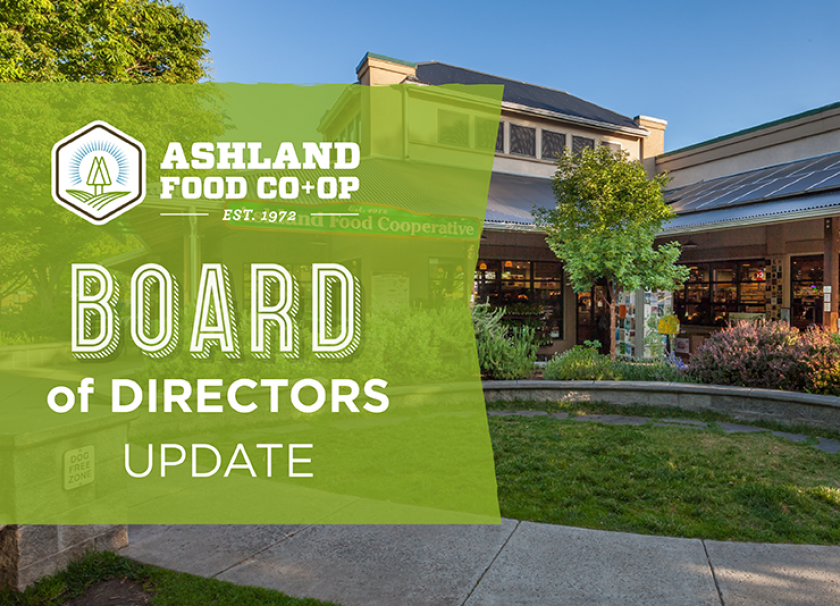
Meet the 2019 Board of Directors
Congratulations to Annie Hoy, Melina Barker, Lisa Beam, and Steve Bowman for their election to the Board of Directors! We were delighted to have such a strong slate of candidates to fill our four vacancies. You can read more about each new director here.

How to stay sustainable with paper products
Have you thought about how sustainable your paper home products are? While the use of single-use plastics has (rightfully) been criticized, some products are made to be single-use - like toilet paper, paper towels, and napkins. With these products, it’s best to examine sustainability by looking at what goes into their production.

2019 Owner Coupon / Benefits Calendar
Hey Co-op owners - if you're wondering if it's a $5 off or 10% discount month... you can reference this calendar.
These benefits are available to all Co-op owners. If you're not an owner yet, you can sign up online!
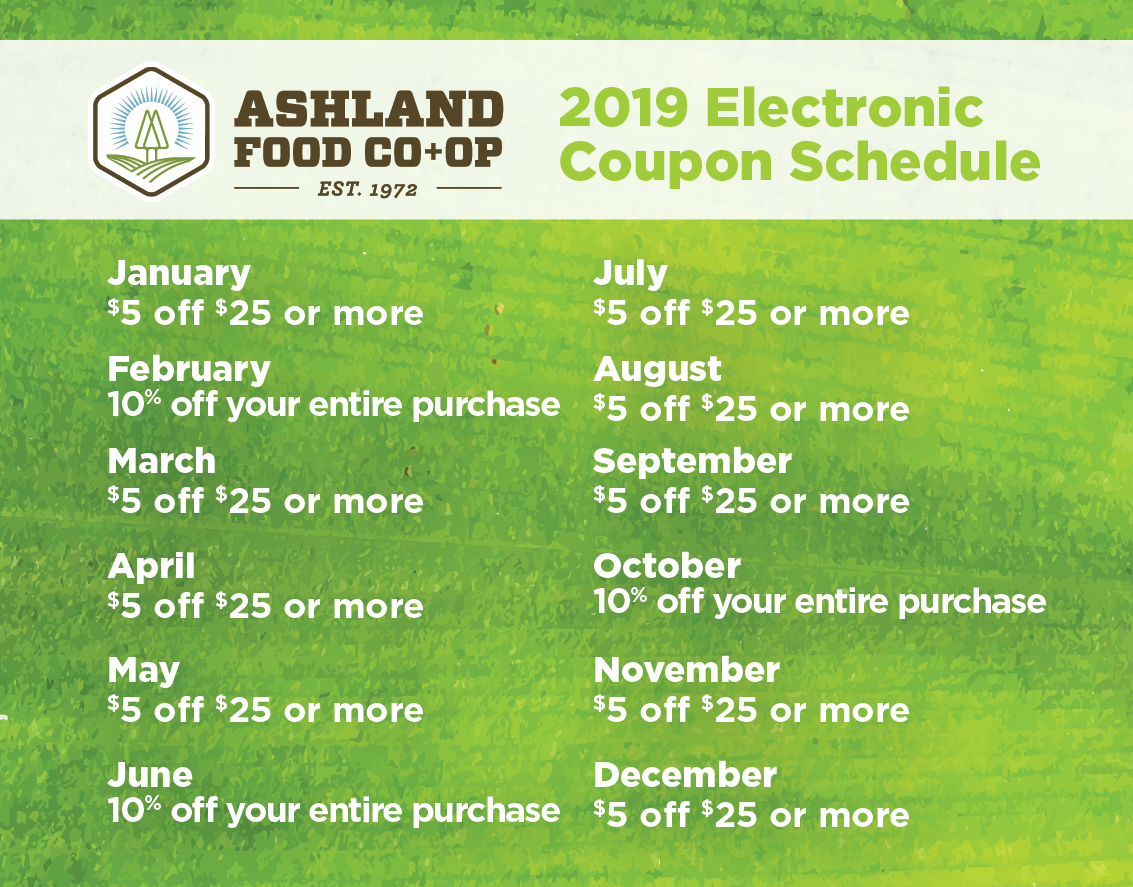
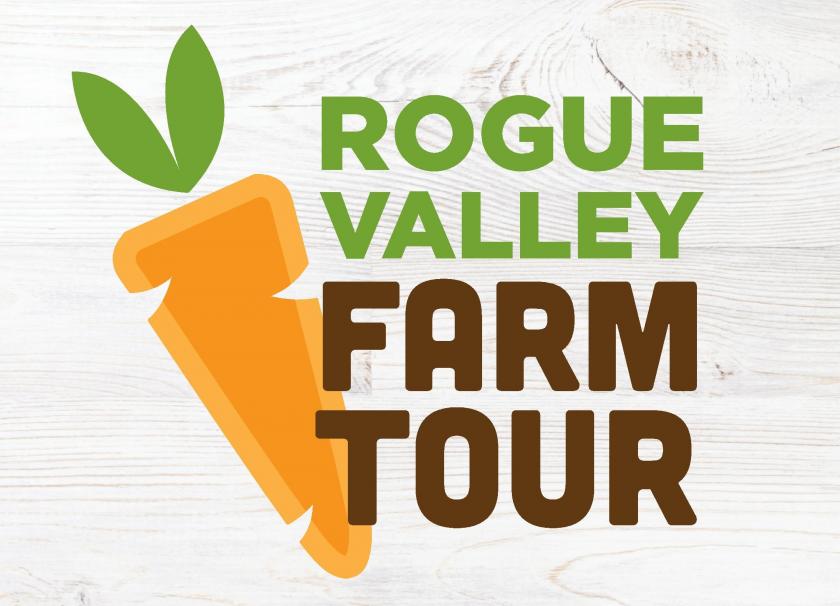
Farm Tour on the Shelves
The Farm Tour shines a spotlight on Southern Oregon - it represents the full range of products grown in the Rogue Valley. The Farm Tour isn't until July 14, but here's a list of tour activities for participating farms that are also on the shelves at the Ashland Food Co-op. Get an early taste of quality local goods!
